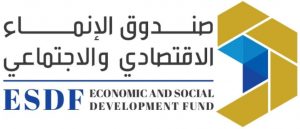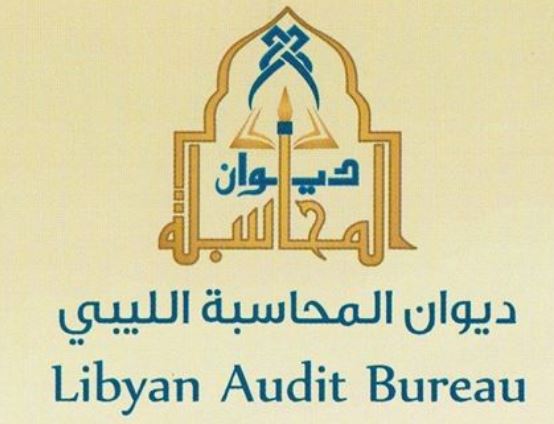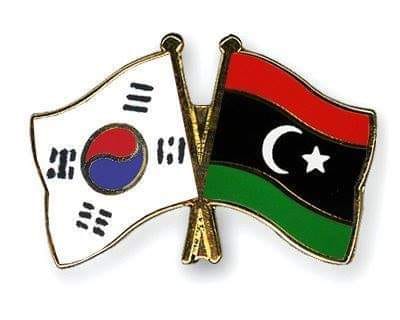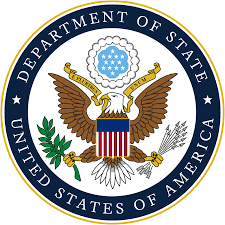By Sami Zaptia.

London, 10 September 2020:
Libya’s state Economic and Social Development Fund (ESDF) announced yesterday its intention to implement several reforms, including:
- The cancellation of investment portfolios and dissolution of companies
- The introduction of the concept of competition within the culture of its companies
- More transparency of its workforce and associated companies and partners
- The reduction in duplication and conflict of interest where employees hold more than one role in the same company, across its group of companies or in other external companies
- The clawing back renumeration illegally claimed by its staff
- The reorganization of middle and top management roles
The cancellation of some investment portfolios
The ESDF said it aims to cancel some investment portfolios meant for the Libya’s unemployed and low-incomed strata but have been paying out to people who through control and monitoring have been proven to be either holding other jobs or do not meet the ‘‘low income’’ threshold.
Many individuals have had their ESDF monthly payments suspended or cancelled and as a result have filed lawsuits against the Fund.
Dissolution of companies
In addition, the ESDF discussed the dissolution of some companies and the reintegration of some others, as well as changing the activities of other companies, whose management budgets have been associated with the enjoyment of ‘‘high benefits and wages’’ with little work.
The ESDF revealed that it will continue to report on its reforms through its official media platforms.
Analysis
The ESDF was established by the Qaddafi regime in 2006. Its aim was to invest the Libyan people’s wealth, mostly internally, through the establishment and financing of strategic economic projects in tourism, real estate, industry, oil and gas as well as some others.
Its profits were then meant to as a social security safety net for those unemployed or those with low incomes. The idea that Qaddafi touted was that all Libyans should enjoy Libya’s rentier hydrocarbon wealth. But Qaddafi wanted to politicize and control this wealth by paying it out in the form of monthly allowances/wages, thereby controlling the Libyan citizen and preventing the development of free enterprise and the private sector.
In reality, and from the outset, the ESDF became a bastion of corruption and nepotism, profligately spending public funds on huge bureaucracies and cadres of staff with little or no revenues or profits to show. It became a centre for the reward for loyalty to the regime and for ‘‘jobs for the boys’’.
The last people who benefited from its sprawling empire were the poor and unemployed – the very people the Qaddafi regime claimed it had set the ESDF up to benefit, the very people with little or no political leverage and connections to benefit from Libya’s oil revenues.
The ESDF became the epitome of the Qaddafi cronyism and corruption. It is still a burden on Libyan society and state funds today, and a truly legitimate, mandated and more courageous Libyan state would shut many if not most of the ESDF’s lame duck companies down.
In the post-Qaddafi supposedly democratic, non-socialist Libya, the ESDF continues to distort the market and crowd out private sector companies and competitive free-market enterprise – for no return.










